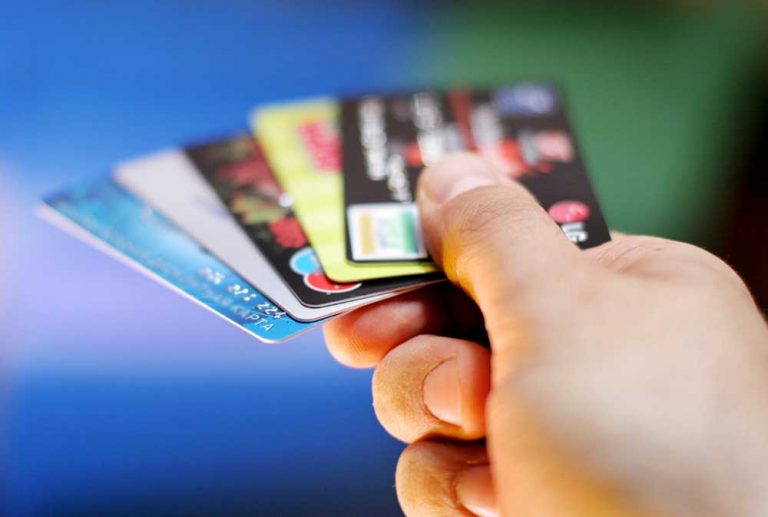The impact of the COVID-19 pandemic on global trade is nothing short of devastating. Starting from the reduced manufacturing output from China, no country is left untouched by the economic implications of it. In fact, according to experts, the recession caused by Coronavirus will continue to wreak havoc on businesses for a very long time. One of the changes is that the entire global payments network has been compromised. Changes occurring in it make people reconsider their choices in everything from picking the right credit card to selecting a money transfer provider.
How the COVID-19 Pandemic Affected Global Trade
It all started in China, where the coronavirus pandemic stopped businesses and factories. The nearly complete stop of China manufacturing alone is enough of a disruptive factor to affect the global economy. Nowadays, about 20% of global trade in manufacturing intermediate products comes from China.
This means that stopping that production also put a stop to millions of other operations that rely on China-manufactured parts. This triggered a domino effect as all businesses that rely on those parts had to cut their own manufacturing.
However, the virus didn’t stop there. It turned into a pandemic, which literally means that every country on the planet is affected by this disease. This, in turn, led to governments implementing lockdown measures and stopping even more factories.
All in all, the manufacturing process was disrupted on a global scale. And this affected every other industry, regardless of whether it’s directly related to manufacturing.
Because of the lockdowns, global trade came to an almost complete standstill.
This kind of a macroeconomic event deal damage that will take a while to recover from. Considering that many countries are still on lockdown and manufacturing has yet to gain full speed anywhere, a downturn in business will persist for a while.
Repercussions of the Pandemic for Global Payments
Because of the global downturn in trade, payments have also gone down. International payments, in particular, are greatly affected. The usage of credit cards for international money transfers is also going down very fast.
Data from various sources indicates that there could be over 40% reduction in international payments by both businesses and individuals. This is supported by data from Money Transfer Comparison, which is one of the leading sites on this particular subject. It has data on millions of FX transactions that is used to create accurate predictions for the market.
Another change caused by the pandemic is the rise of fintech apps and online banking. This is a result of lockdowns, which prevent people from using brick-and-mortar banks. This change towards the digital has been happening for a while now. However, it sped up greatly because of the pandemic. At the moment, it’s already at a level where it has started to redefine the payment industry as we know it.
This means that even when the pandemic and recession are over, fintech solutions will remain dominant in the industry. For credit cards, this means that their providers will need to focus on issuing digital cards and perks for online transactions. In fact, this is something customers definitely should look for in a credit card even today. If nothing else, the convenience of such features makes cards that offer them worthier than those without these advantages.
How to Choose the Best Credit Card in the Current Situation
Usually, when people choose credit cards, they focus on interest rates and fees. However, in the current situation you might need to change your priorities. The most important things to look for in a card now definitely are:
- Interest rate.
This remains the number one consideration for a credit card. The recession is sure to last for a while so getting overwhelmed with debt is a big risk. You should try to find a card that will minimize your losses. - Benefits.
Cashback options and other benefits offered by credit cards definitely should be your top considerations. Again, this loops back to the fact that you need to find ways to minimize your debt. Therefore, using benefits to reduce your spending even a little counts. - Possible debt relief.
Many governments today offer debt relief and other financial support options to the population. However, in many cases, only a small number of banks and lenders are authorized to offer those. You should research what measures of this kind are available in your country and from who. Then, choose a card that gives you the best chance of benefiting.
Fees for international payments, however, are a factor that shouldn’t influence your decisions much. At the moment, cross-border money transfers are extremely risky. Currencies are getting extremely volatile. This means that you might lose a lot of money because of FX rates, even without accounting for transfer fees. Therefore, you should try to avoid international payments unless you have no choice.
In Conclusion: Credit Card Payments Will Never Be the Same
The COVID-19 pandemic has changed the world already. It’s true that many of these changes aren’t good. Also, the situation will continue to deteriorate for quite a while.
However, while a recession is now a given, one also needs to remember that the pandemic has pushed some industries forward. Fintech, communications technologies, and healthcare industries are developing at an unprecedented pace. The way people make payments has changed and it’s unlikely to go back. In fact, this crisis might be the push that many industries needed to diversify their services.
One thing is for sure, consumers definitely should reevaluate how they are choosing their credit cards today. When dealing with an unstable economy, being in debt might ruin you completely. It’s very easy to fall into this situation now when layoffs are so abundant.
Using credit cards is associated with a greater risk of overspending by default. However, now that risk is greater because of the circumstances. Even keeping up with your regular spending might be too much.
Therefore, you should reconsider your choices and look for a card that is most beneficial in the long run. Be prepared that this recession will last. This considered, you need to use every opportunity to save money and reduce your expenses. And stay on the lookout for more such opportunities at all times.




